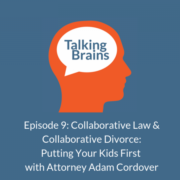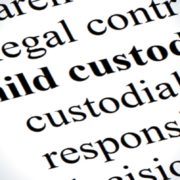Divorce is never easy. I oftentimes hear people going through the stages of grief when discussing divorce, as if a loved one has died. And, in a very real sense, divorce does signify the death of a relationship.
But imagine if, when a loved one died, you then picked a battle and entered a very public adversarial court system. Your every move is scrutinized by a lawyer looking to portray you in the very worst light. You are subjected to depositions and court hearings and a wide-net fishing expedition through all of your personal and financial matters. And, all of this could be exposed to public scrutiny, as hearings and the court file are open for public viewing.
All of this, while you are experiencing the grief and trauma of death. In this case, the death of a relationship.
There has got to be a better way to divorce, right? To avoid the public indignity of an entrenched fight, right?
Fortunately, there are alternatives. One alternative, which in this lawyer’s opinion is best for most families, is collaborative divorce.
Non-Adversarial Process
Collaborative divorce is a non-adversarial process. Each spouse retains a separate attorney, and the two attorneys are there solely for the purpose of reaching an out-of-court agreement. In fact, the collaborative attorneys are prohibited by law, once a collaborative process is started, from fighting in court.
Imagine that, attorneys helping clients reach a peaceful resolution. The attorneys spend no time, no energy, and no money on opposition research, motion practice, or demonizing either spouse.
Wouldn’t that be wonderful?
Read more →










